Rakshit Shetty on 777 Charlie: I was expecting love, but this was enormous love
While scaling new heights as an actor and producer, Rakshit Shetty reflects on his work and life.
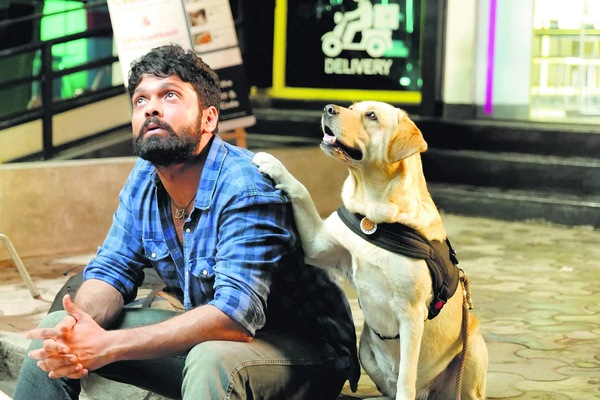
Last Updated: 04.14 PM, Jul 29, 2022
Rakshit Shetty doesn't enjoy doing interviews, as much as he does films. And, he's honest about it. But, then, he realises it's all a part of the process. “I am an introvert and I get comfortable only around my friends. Even today, interacting with strangers makes me feel uncomfortable. I didn't know how to handle the press then. With experience, it has gotten better,” he says.
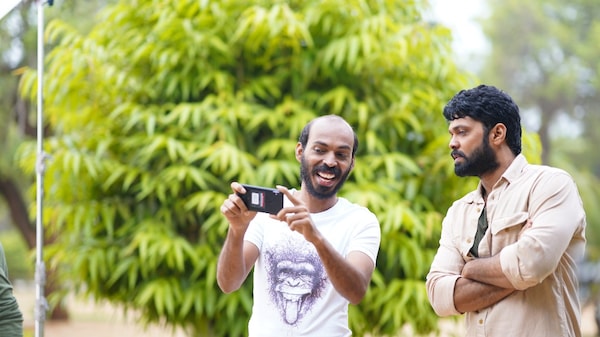
777 Charlie, which was released in theatres to overwhelming response on June 10, is available on Voot Select from July 29. The Kannada actor smiles, “I knew it was a good film and was confident about it. But did I expect this kind of an overwhelming response? Never.”
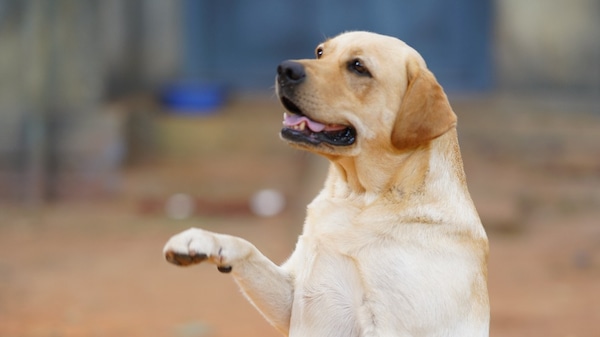
Rakshit Shetty is wary about getting carried away by the success. “I simply need to be excited about the idea of making the film. I don’t think about whether it is going to be viable or if it will help my career. The only thing I want is to be a part of stories I haven't already told.” Throughout his journey, there were struggles and disappointments. There were times when it seemed his dream of making a film would remain a dream. “But some dreams live on adamantly,” he adds.
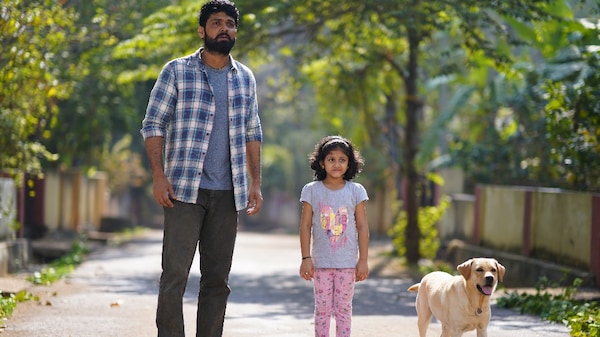
Is it true that he gave away 10% of the profits to the 777 Charlie unit? “We'd done it before for the Kirik Party. We, at Paramvah, believe that if a film makes money, everyone who worked on it should make money as well. I believe in the kind of energy that people bring to the table when we collaborate.”
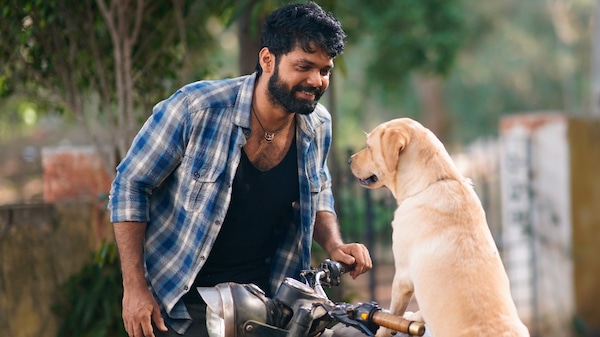
Rakshit Shetty had two dogs while growing up, but they both died. “I never had another pet after that because I moved to the hostel and used to feed the dogs in front of the bakery. I was not the type of person who would go around looking for dogs to feed. At the same time, pets are supposed to be free and should not be confined within four walls.” But working on 777 Charlie reminded him of the close relationship he had with dogs as a child. After a pause, he recalls, “Charlie was treated like a celebrity on the sets. She sat in her mobile cage; had her A/C, and got a treat whenever she was agitated. Kiran Raj, in fact, created a tiny pool for her. In case she got tired, she could take a dip in it.”
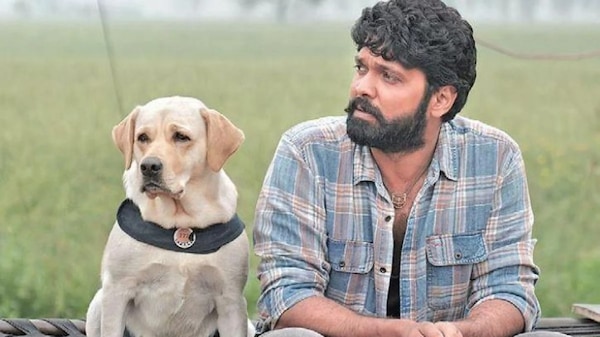
How does he approach the portrayal of a complex emotion? “It is true that all stories have dramas that connect with our emotions. I believe you portray any emotion based on how you, as a person, would respond to that situation. You must first surrender yourself to the character, and then you must see the tragedy through his eyes.” The job of artistes, Rakshit Shetty, says, is to find variations of the same emotion within themselves. “We all have different shades of the same emotions inside of us, and an actor should be able to tap into them.”
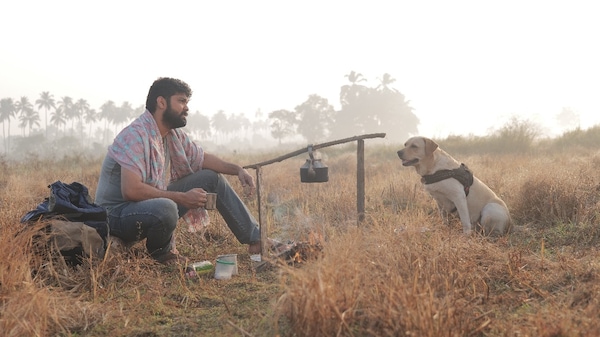
Rakshit Shetty is completely disconnected from the outside world when he's working on a film. “I liked how the dog changed Dharma's life. I also liked how Kiranraj philosophically connected Dharma's journey to Yudhishthira's to heaven with a dog by his side.”
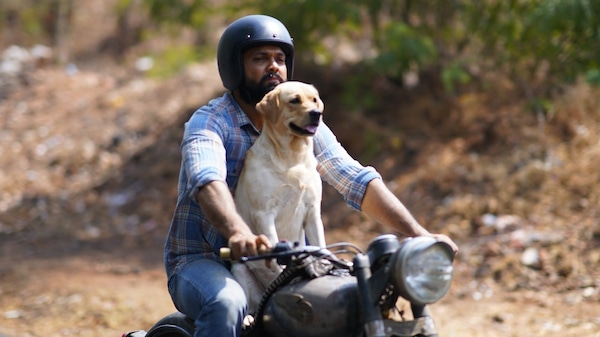
Rakshit Shetty enjoys acting because it allows him to experience emotions while remaining detached from them. “Given that Dharma and I are both introverts, I wanted to see if playing him caused any internal changes in me.”
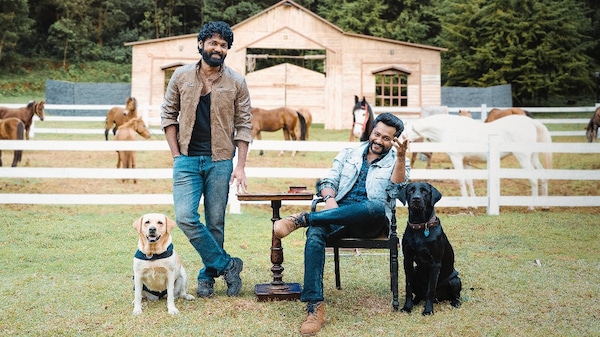
So, like Dharma, did he go through those internal changes? “We laugh, cry and empathise with the characters. Once we connect ourselves with the emotion of a specific character in a movie, the character tends to come out of the screen and settle within us, which further motivates us to act like it in real-time,” he states.
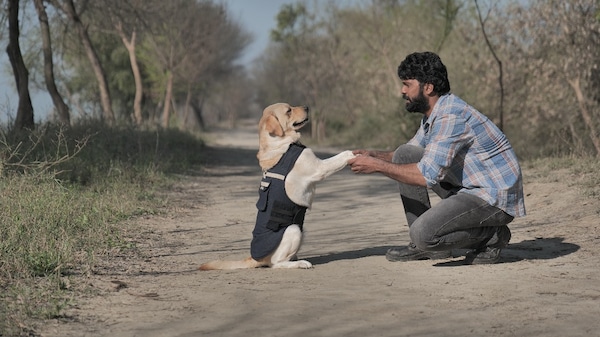
Playing Dharma has unquestionably changed Rakshit Shetty. “Whenever I played with dogs before, the first thing that I did was to wash my hands. After Charlie happened, I am not even thinking about doing it. A small portion of the character is subconsciously imprinted on me, and I carry it with me.”
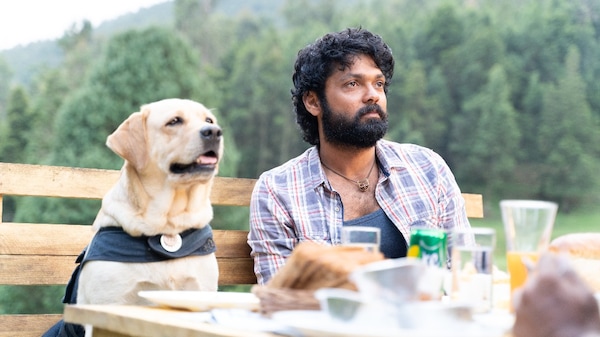
Rakshit Shetty is one of those actors, who believes that the script is everything. “I have survived by taking risks. If I’m reading that script or listening to it being narrated, I want to feel that connection to it; aside from my character.” He gets philosophical, as the conversation goes by. “A person's vulnerability generates empathy, which connects his journey to our struggles. Even if we do not become the person, the profound feeling compels us to emerge from ourselves and become the other person. This is why the art of storytelling will always be relevant in our lives,” he observes.
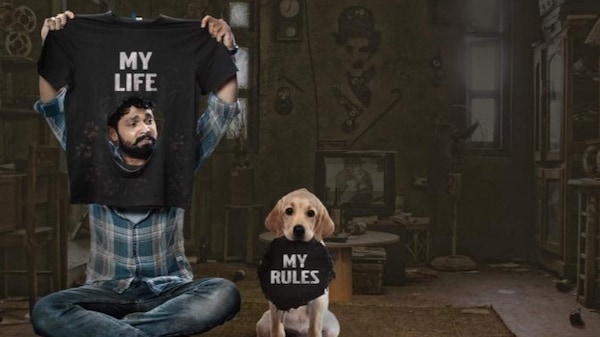
What does Rakshit Shetty think of the pan-Indian film trend? "Not every film has to be promoted that way. The moment you link your film to the pan-Indian concept, you pick and choose only such films; the shadow of numbers looms large over the creative aspects. And the moment you seek only such films, an actor’s choice becomes limited. And that kills creativity.”
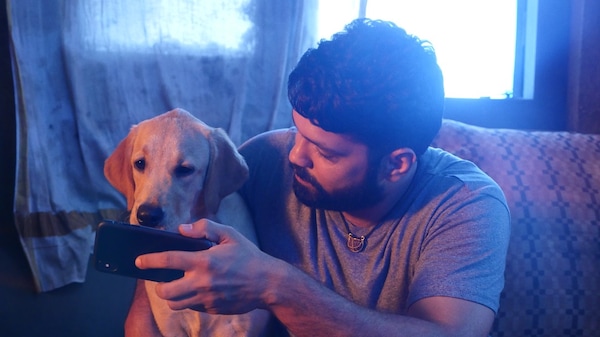
Rakshit Shetty always selected films based on what he felt for them. He chose 777 Charlie because he loved the idea. “The success of our film only shows that the audience is changing; that they want different kinds of films. What was earlier considered mainstream, today is not mainstream!” He firmly believes that he's in the business of telling stories. “Films have to be new each time. I like to break the formula.”
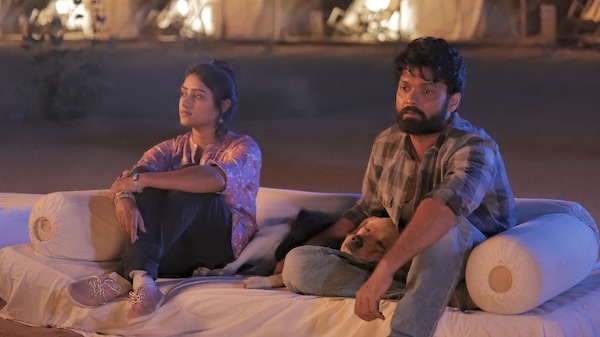
Rakshit Shetty has fond memories associated with Tamil cinema since his childhood. “Mum is a huge fan of Kamal sir. I think that rubbed on to me, too. I might not remember the names, but I have watched almost every film of his. I equally love K Balachander sir’s films. My favourite remains Apoorva Sagotharargal, though,” he smiles.
Up next, the Kannada actor will be directing Punyakoti, a mythological film, based on a folk tale about a cow and a tiger. “But my version will have humans playing the parts. Then, I'll be making Midway to Moksha, a film about the afterlife. It will be a VFX-heavy one shot primarily on sets,” he signs off.

 Premium
Premium